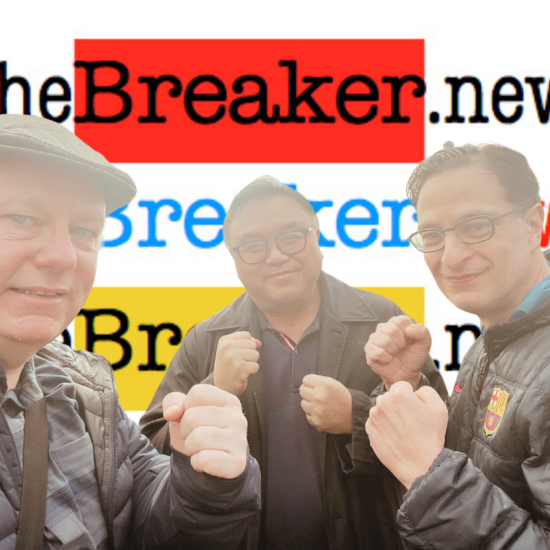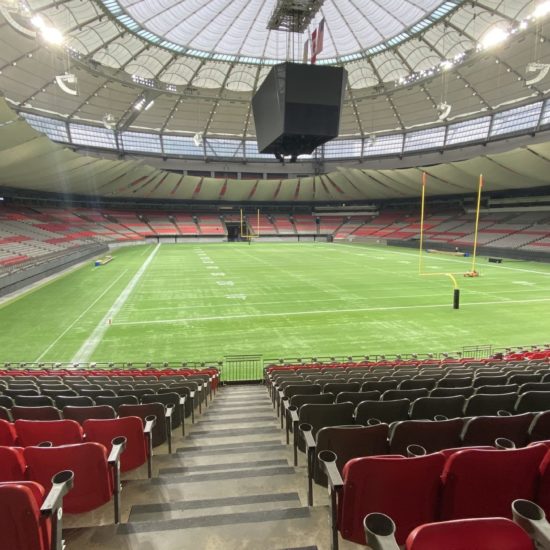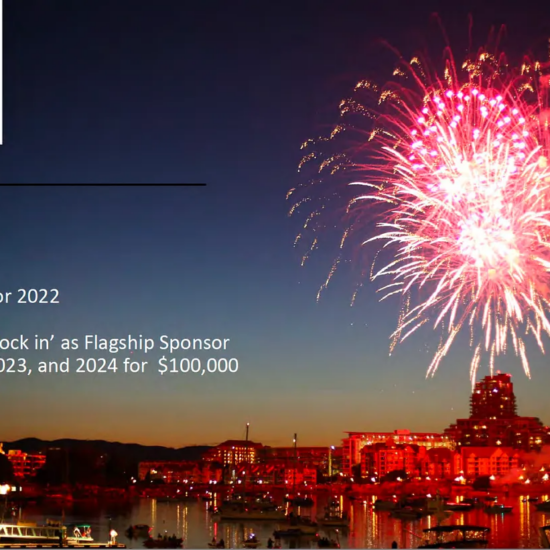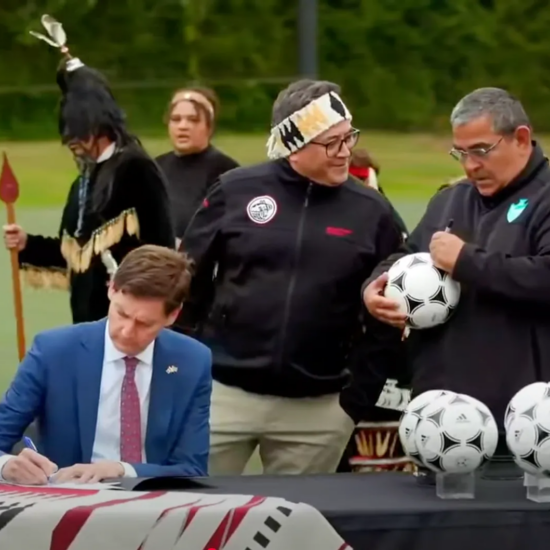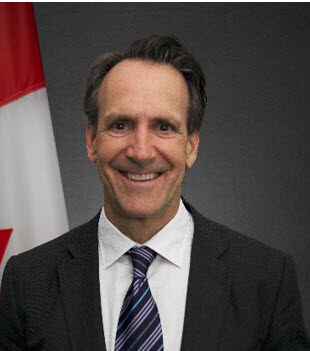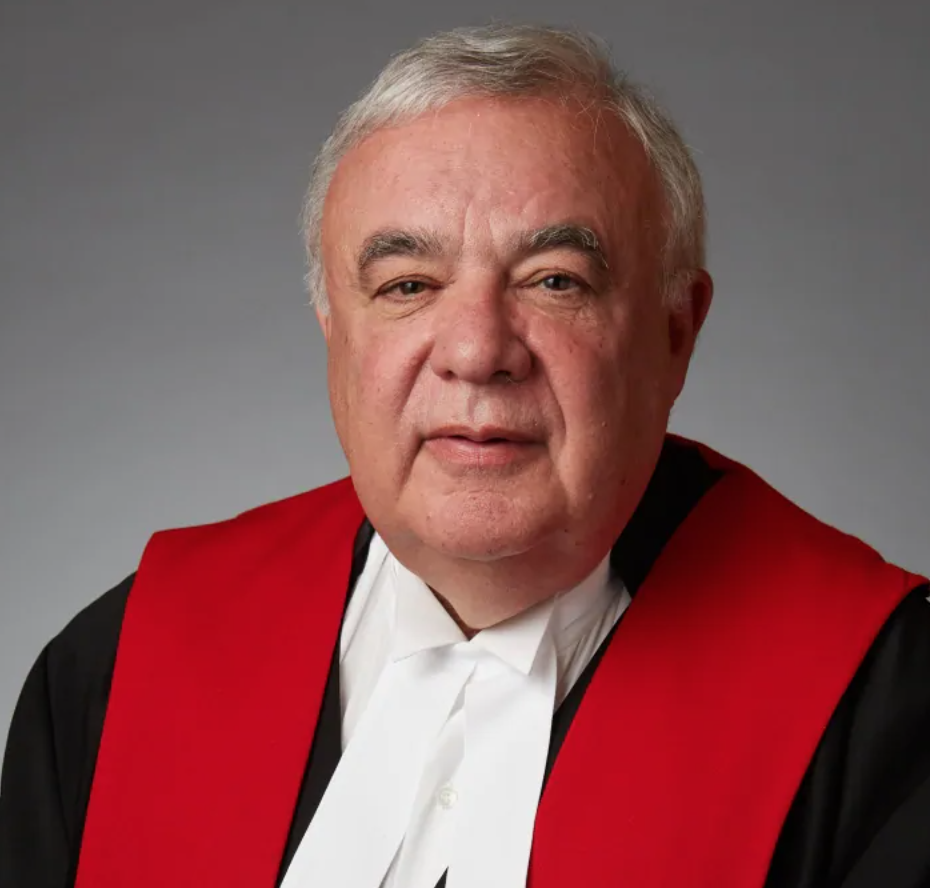
Bob Mackin
The B.C. NDP government’s pandemic ban on indoor church services is constitutional, but the ban on outdoor protests is not.
That is what B.C. Supreme Court Chief Justice Christopher Hinkson ruled March 18.
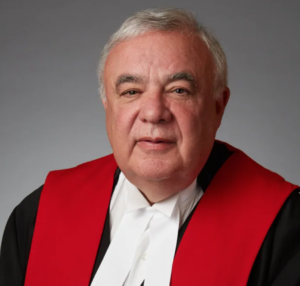
B.C. Supreme Court Chief Justice Christopher Hinkson (B.C. Courts)
“Containing the spread of the [coronavirus] and the protection of public health is a legitimate objective that can support limits on Charter rights,” Hinkson wrote. “An outbreak of a communicable disease is an example of a crisis in which the state is obliged to take measures that affect the autonomy of individuals and of communities within civil society.”
Riverside Calvary Chapel of Langley, Immanuel Covenant Reformed Church of Abbotsford and Free Reformed Church of Chilliwack challenged Dr. Bonnie Henry’s events and gatherings ban on the grounds that she was trampling on their constitutional right to gather peacefully and worship. The churches had received a combined 11 violation tickets worth almost $300,000.
The churches’ lawyer Paul Jaffe wondered why the public is free to shop in big box stores and drink beer while watching big-screen sports in pubs, activities not protected by the Charter of Rights and Freedoms.
“The fact that some religious activities are restricted and some secular activities are not is not necessarily evidence of arbitrariness,” Hinkson wrote. “There needs to be a comparison of comparables and a demonstration that there is no rational basis for the distinction. That is not present here.”
Hinkson found that bans on gatherings and events apply broadly, regardless of religious affiliation or no affiliation, and that Henry did not outright ban religious gatherings.
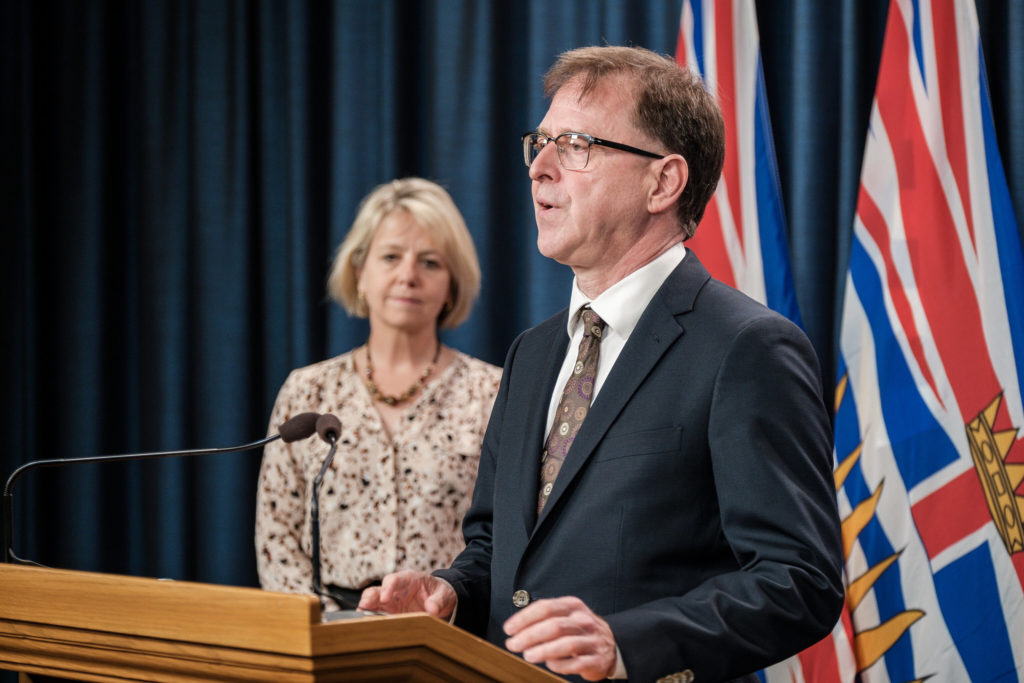
Adrian Dix (right) and Dr. Bonnie Henry (BC Gov)
B.C.’s temporary state of emergency public health laws allow drive-in services of up to 50 vehicles, personal prayer or reflection, and baptisms, weddings and funerals with up to 10 people in attendance. Henry also recently allowed the churches involved in the case to hold outdoor services in small groups and is promising further relaxations province-wide in time for Easter and Passover.
Evidence submitted in the case showed seven coronavirus outbreaks related to places of worship in the Fraser Health region as of Jan. 15, 2021, infecting 59 people. Vancouver Coastal Health submitted 61 cases related to outbreaks at 25 places of worship from Sept. 15, 2020 to Jan. 15, 2021. There was one death associated to a November 2020 outbreak that infected 28 people.
Hinkson found Henry considered the impacts of her ban and consulted with the inter-faith community. Her orders are attempts to protect the vulnerable and maintain the integrity of the healthcare system.
“Her decision was made in the face of significant uncertainty and required highly specialized medical and scientific expertise,” Hinkson said. “Although the impacts of the gatherings and events orders on the religious petitioners’ rights are significant, the benefits to the objectives of the orders are even more so. In my view, the orders represent a reasonable and proportionate balance.”
Meanwhile, Alain Beaudoin of Dawson Creek had a partial victory, when Hinkson ruled that his rights were infringed. Beaudoin organized Kelowna protests against Henry’s orders over three days in December 2020 and was fined $2,300 by the RCMP.
After he filed the challenge, Henry amended her order Feb. 10, to allow outdoor protests, with the expectation that organizers will follow public health guidelines.
Hinkson found that Beaudoin’s free speech and assembly rights were infringed, but he did not throw out the ticket because it has not been adjudicated.
The constitutional challenge was backed by Alberta’s Justice Centre for Constitutional Freedoms, which hired Jaffe.
On Feb. 17, Hinkson denied Henry’s bid for an injunction that would have allowed RCMP officers to arrest pastors and parishioners at the three churches. Hinkson cited the B.C. government’s failure to prosecute anti-pipeline protesters in early 2020, despite clear evidence they blocked port entrances in defiance of a court order.
Said Hinkson in the Feb. 17 verdict: “If it were granted and not adhered to, would the administration of justice yet again be brought into disrepute because the B.C. Prosecution Service considers that it would not be in the public interest to prosecute those who refused to adhere to the orders sought from this Court?”
Support theBreaker.news for as low as $2 a month on Patreon. Find out how. Click here.






